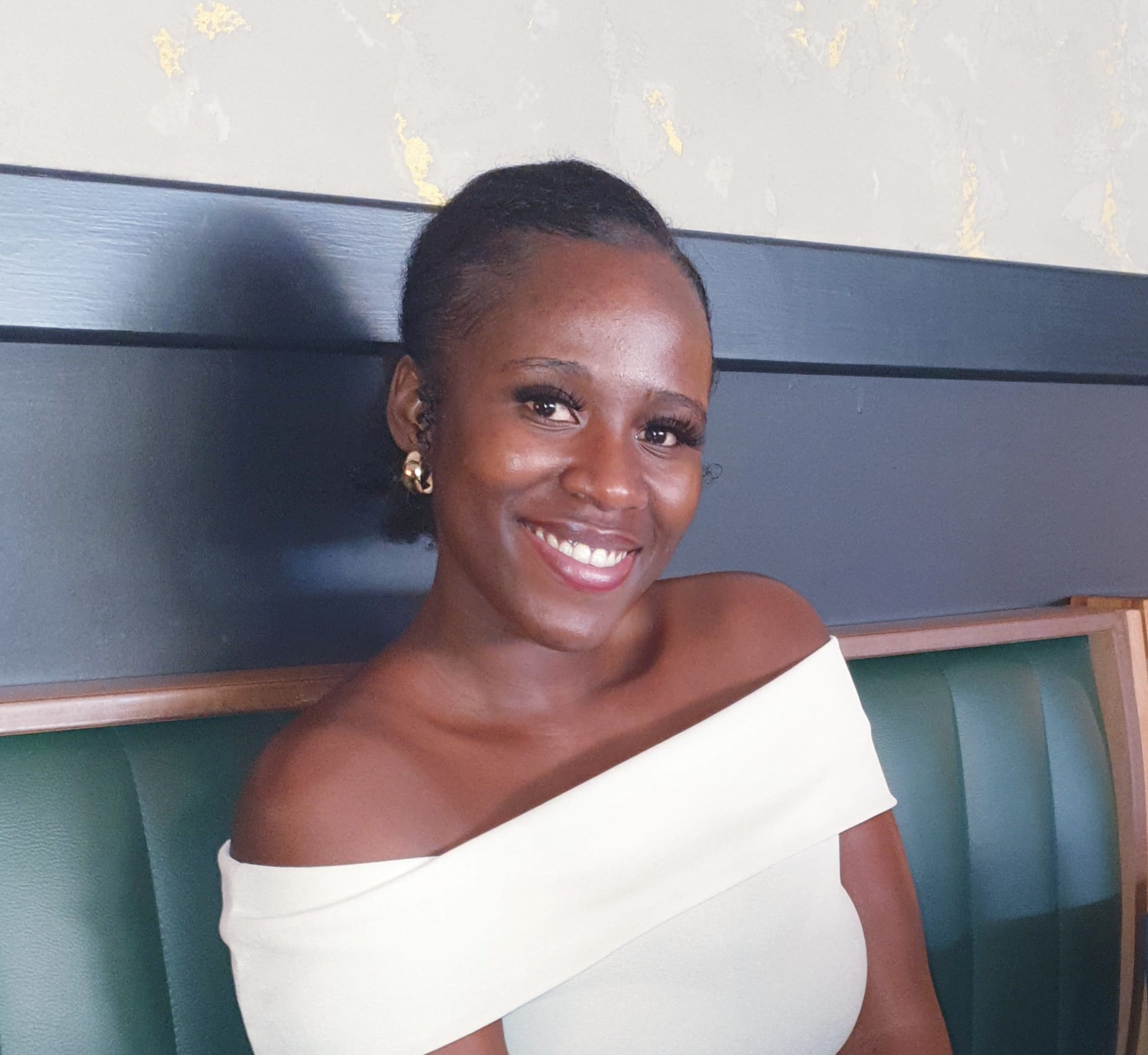
And what about cancer research – why did you choose to pursue a career in this field?
Cancer is a devastating disease that affects millions of people worldwide, impacting not only the individuals themselves but also their families and the society as a whole. Despite recent advancements in cancer research, significant challenges and unmet clinical needs persist.
Pancreatic cancer, for example, has shown no significant improvement in survival rates over the years and has limited treatment options. Additionally, treatment resistance, tumour microenvironment heterogeneity, and disease metastasis pose substantial obstacles to effective management. Addressing these areas is crucial. A comprehensive understanding of the disease is essential for improving patient outcomes, enhancing quality of life and making a positive impact on public health. These pressing issues drive my pursuit of cancer research.
What will your PhD studies focus on?
My PhD project aims to enhance our understanding of how mechanical properties of the extracellular matrix (ECM) – such as viscoelasticity – influence immune cell response and cancer cell invasion. By studying immune cell migration and cancer invasion in response to changes in ECM viscoelasticity using a novel microfluidics device and a viscoelastic hydrogel system, we can identify ECM properties that promote immune infiltration into the tumour microenvironment while preventing tumour invasion.
This research has the potential to identify mechano-transducing molecules and ECM properties that can be targeted for therapeutic interventions, ultimately improving the effectiveness of immunotherapy.
How do you feel about being one of the first people selected for this scholarship?
I am incredibly humbled and honoured to be selected as one of the first recipients of this prestigious PhD studentship. It is a privilege to have been awarded this opportunity to conduct research at a renowned institute and be a part of the CRUK PhD student cohort. I hope that my journey throughout this PhD will serve as a source of inspiration and motivation for many aspiring black PhD students.
What would you say to someone considering applying for this programme?
I would encourage individuals from black heritage backgrounds who have a passion for science, research, and a strong interest in cancer research to apply for this program. Support is available throughout the application process, ensuring that applicants are well-informed about the requirements at each stage. I would also advise the interested applicants to register for the virtual insight sessions and reach out to the project supervisors of interest to discuss the research projects before applying.









